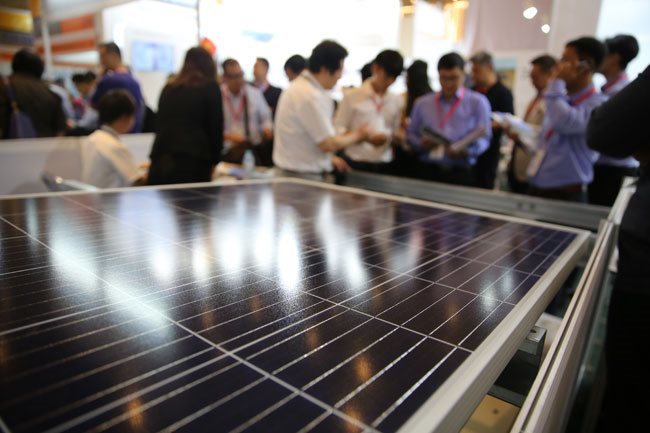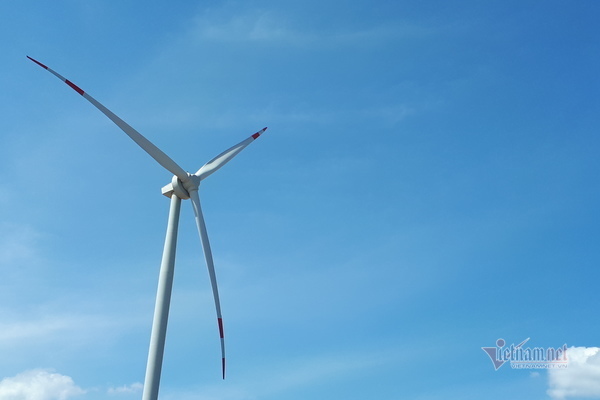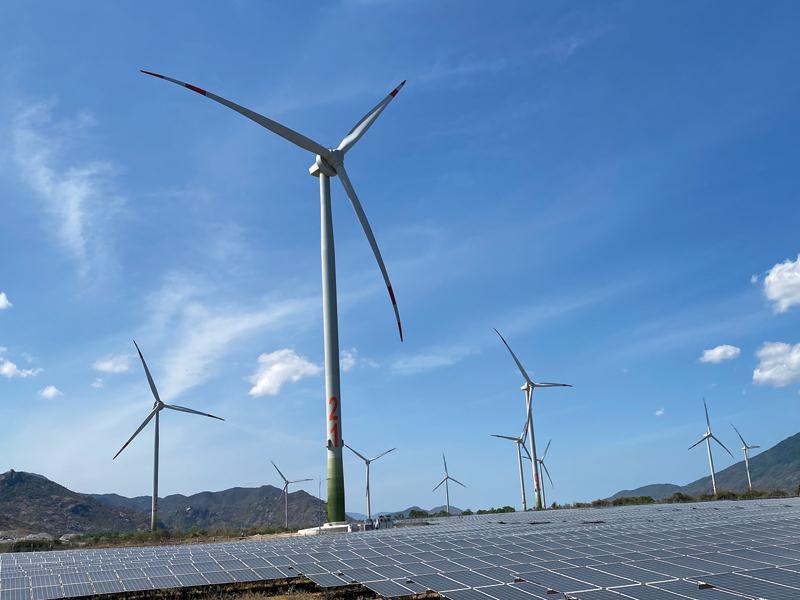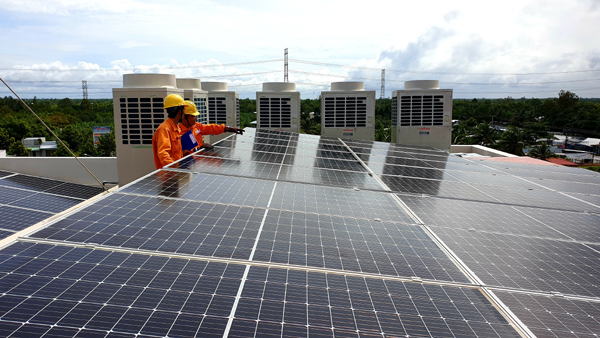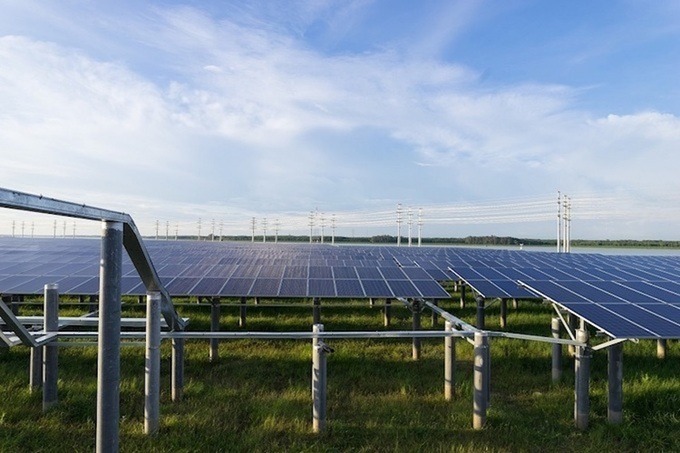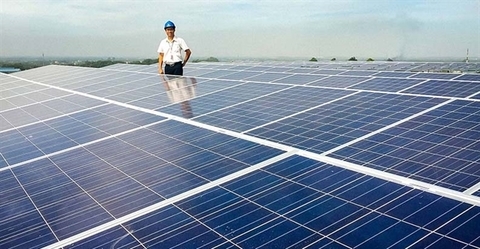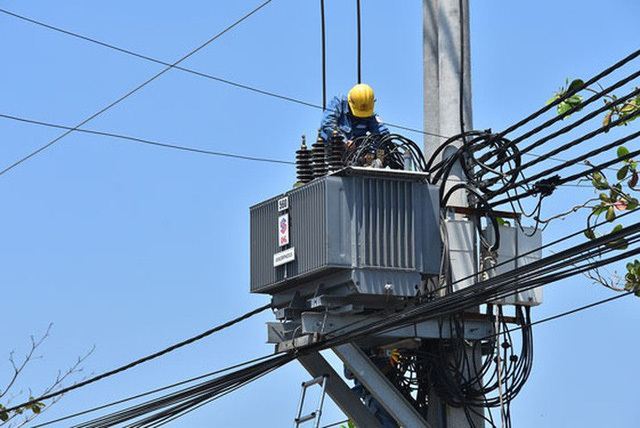- © Copyright of Vietnamnet Global.
- Tel: 024 3772 7988 Fax: (024) 37722734
- Email: [email protected]
FIT
Update news FIT
The many risks energy service companies may encounter
Energy service companies (ESCOs) are facing numerous risks since the regulatory framework for their sector is both incomplete and patchy, according to industry insiders.
Wind power developers worried about low electricity price
The Ministry of Industry and Trade (MOIT) has proposed continuing the FIT (feed in tariff) for wind power, but lowering the tariff by 20 percent, causing concern among wind power developers.
Wind power: Ministry wants to extend FIT policy
Following a proposal by 10 provinces, the Ministry of Investment and Trade (MOIT) wants to extend the deadline for FIT (Feed in Tariff) application because many wind power projects cannot become operational prior to the given date.
Rooftop solar power popular in southern provinces
According to the Electricity of Vietnam (EVN), the total capacity of rooftop solar power projects in southern provinces now makes up 60 percent of its total solar power capacity nationwide.
Solar power: projects line up, policy under consideration
Tens of solar power projects are awaiting to be added to the list of power generation projects to be developed. Meanwhile, ministries are still discussing the new pricing mechanism after the preferential FIT expires.
APV could be feasible in Vietnam with the right laws
APV, or Agriculture Photovoltaic system, is becoming increasingly popular around the world. It could be a feasible model in Vietnam if the government sets a reasonable legal framework to develop it.
Low price scheme disappoints rooftop solar-power developers
As of August 23, 45,299 rooftop solar power projects had become operational with total capacity of 1,029 MWp, according to the Electricidty of Vietnam (EVN).
Solar power investors fear they may not be able to enjoy preferential FIT
Covid-19 and the slow implementation of power transmission projects may make it impossible for solar power projects to connect to the national grid by the end of the year.
Renewable energy market picks up as many projects put on sale
 As wind and solar power project developers now can enjoy a high FIT (feed in tariff) price, investors are registering more projects to resell for profit.
As wind and solar power project developers now can enjoy a high FIT (feed in tariff) price, investors are registering more projects to resell for profit.
Vietnam draws up roadmap to eliminate monopoly in power sector
 A solution for the power industry has been put into discussion: selling entire power plants to investors after they are put into operation.
A solution for the power industry has been put into discussion: selling entire power plants to investors after they are put into operation.
VN rooftop solar power to see boom thanks to new decision
 The Prime Minister’s Decision 13 on solar power projects in Vietnam, which took effect on May 22, will give a push to the development of this kind of clean energy.
The Prime Minister’s Decision 13 on solar power projects in Vietnam, which took effect on May 22, will give a push to the development of this kind of clean energy.
VN Trade Ministry orders halt to new solar power projects
 The Ministry of Industry and Trade has told the authorities of cities and provinces and Vietnam Electricity Group (EVN) to stop proposing solar power projects under the feed-in tariff (FIT) program until a new decision is issued.
The Ministry of Industry and Trade has told the authorities of cities and provinces and Vietnam Electricity Group (EVN) to stop proposing solar power projects under the feed-in tariff (FIT) program until a new decision is issued.
Developers awaiting latest FiT amid sparked solar rush
 Despite bankability concerns in power purchase agreements, investing in solar power is a new boom in Vietnam as developers, original equipment manufacturers, and contractors rush into the market thanks to the current feed-in tariff.
Despite bankability concerns in power purchase agreements, investing in solar power is a new boom in Vietnam as developers, original equipment manufacturers, and contractors rush into the market thanks to the current feed-in tariff.
